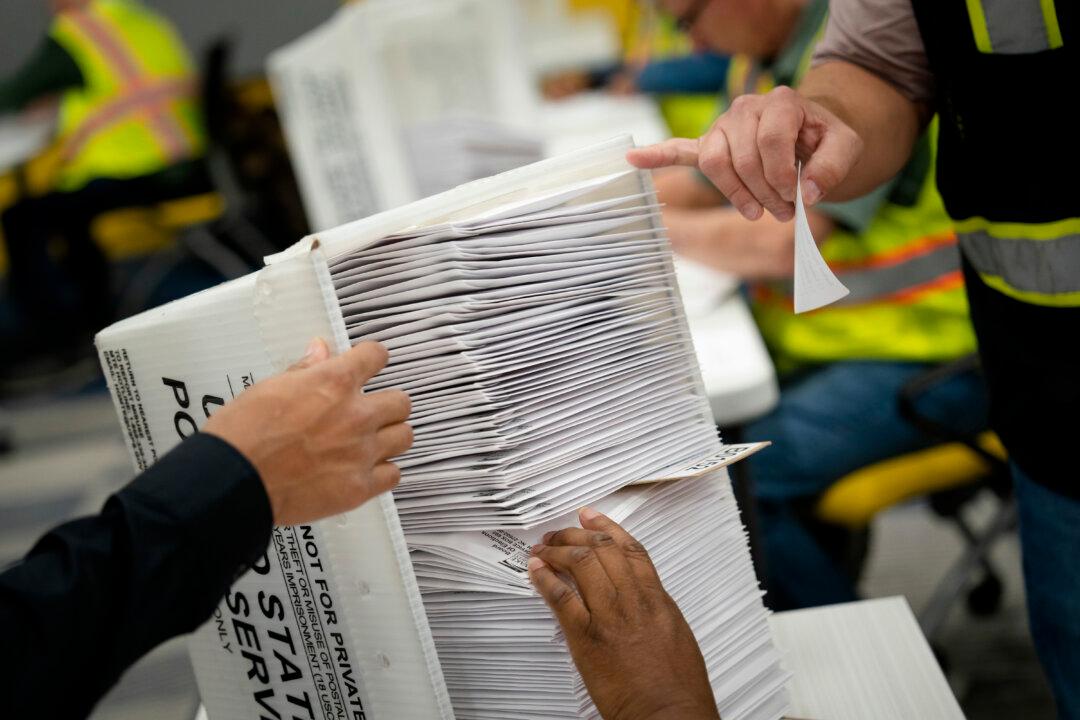The North Carolina Supreme Court has ordered the counting of tens of thousands of votes in a contested election for a judicial seat.
In a 4–2 ruling handed down on April 11, the state’s highest court said election officials must count votes from people who have been registered since 2004 but have no driver’s license numbers or last four digits of their Social Security numbers on record.





